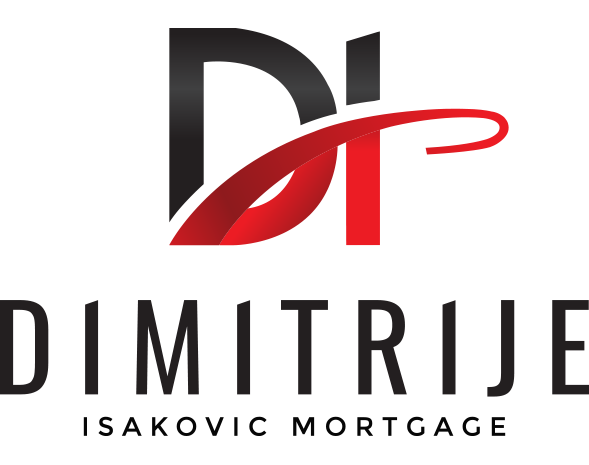
24 May Building Home Equity and the Benefits of Appreciation
Home equity is a leading factor in the housing market. Currently, homeowners today have more value in their homes, than what they owe. John Burns Consulting found that 58.7 percent of homeowners have over 60 percent of equity in their homes. And 42 percent of homes are mortgage-free. This is a huge indicator that the Real Estate industry is holding strong.


What is Home Equity?
Home equity is the homeowner’s interest in a home and how much they own. When money is borrowed from a lender, the lender also holds interest in the property until that loan is paid off in full. The loan balance owed minus the market value of the home determines a homeowner’s equity.
Over time, equity can grow as the loan balance is consistently paid off, or if the property value of the home increases. The considered equity, what is owned, is the most valuable asset for a homeowner which is why building equity is so important. It can also be used later on to buy a new home, make home improvements, use for retirement, or consolidate debt.
How Do I Build Home Equity?
In the simplest terms, equity builds as a property value grows, or the debt is paid off.
There are multiple ways to help build equity at a more active rate. As loans are paid off, equity increases as equal payments go towards the interest and the principal. The amount that goes towards the principal increases each year simply by making consistent payments. You can escalate this by making additional payments each month that specifically go towards your principal. This will help reduce the amount of debt at a faster pace getting you closer to a better ratio of debt to value.
If you can, consider getting a shorter term on your loan. The longer your term, the longer interest will build. Choosing a 15-year mortgage, you’ll most likely get a lower interest rate because you are paying off the loan in a shorter period. The monthly payment may be higher than that of a 30-year mortgage, but you’ll be saving more money overall and spending less on interest. You can talk with your lender and see if refinancing is a good option for you if you started with a 30-year mortgage
Making home improvements over time is also an active way to build home equity. Why? Making big (and small) renovations or adding desired features and amenities, create property value in your home. Basic upkeep, repairs, and maintenance can help with this. Depending on the location of your home, market value can increase or decrease. Though this can’t always be controlled, the quality of your home is something you can persistently do to build value that buyers look for in a home.
Benefits of Appreciation
The value of a property grows over time. Say a buyer purchases a home for $300,000, and sells it years later at a larger sum of $450,000 – that means the difference of $150,000 is what the home appreciated and is, in most cases, the owners to use.
Location is a big factor in home appreciation. Convenience to transportation, good school districts, along with the land and the overall environment is something to consider. Investing in real estate located in an established or promising neighborhood can help determine the rise or decline of appreciation in a home.
Supply and demand within the housing market also play a big role. When a specific market has high demand, home prices increase when there are not enough homes to meet those demands. Those investing in real estate jump on opportunities where they can invest. Some investors decide to buy a smaller home, turn or flip it, sell at a higher value, and pocket the profit to go into another investment.
When an owner or investor decides to sell or use their equity from the home, the appreciation will show how much flexibility they have to use. Waiting to sell when the market is in a good place can get owners a higher profit and in turn can use it towards secondary investments or a bigger home.
There can be different qualifications and risk and the market is not always predictable. It is important to make sure home equity is understood properly. Make sure to talk with our team or a professional to help decipher what is the best option in building or using equity. We look forward to helping you strive toward success.
This article is intended to be accurate, but the information is not guaranteed. Please reach out to us directly if you have any specific real estate or mortgage questions or would like help from a local professional. The article was written by Sparkling Marketing, Inc. with information from resources like Realtor.com, Forbes, and John Burns Consulting.


